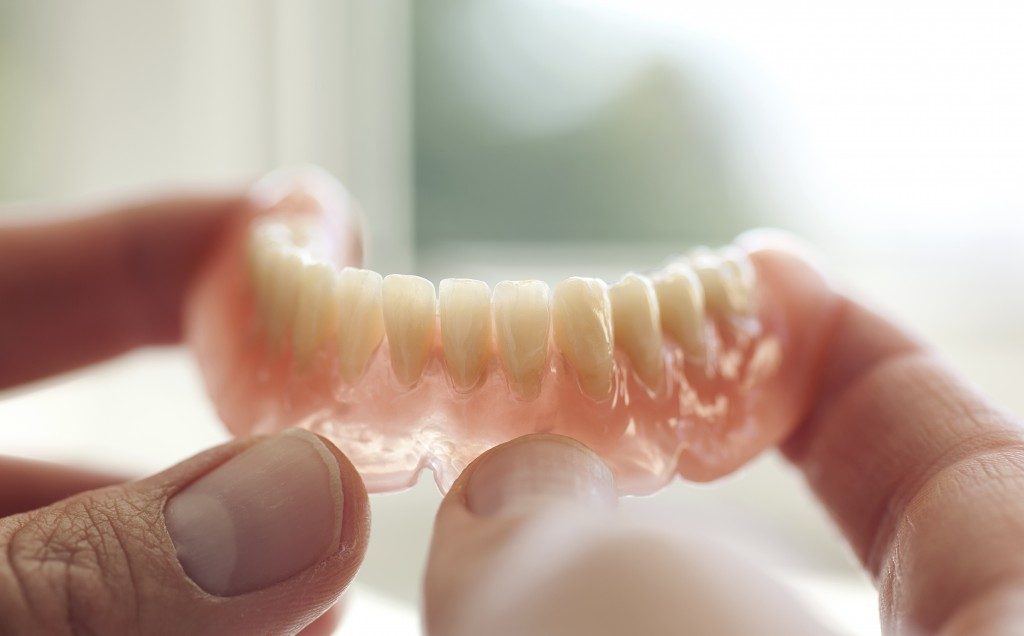Millions of people around the world use dentures, whether for medical or aesthetic reasons. They’re relatively common enough that you can get your own without going through a complex processing system like the first dentures required, and it’s even easier to find places that are willing to craft you your own.
But there’s still an alarming propensity for dentures not to fit, either due to errors in the manufacturing process or some mishap on the part of the wearer. Dentures are also prone to wear and tear even with careful maintenance, so it becomes less of trying to make them last forever rather than making them last as long as you can.
Fitting
Of course, one of the best ways to solve any problem is to prevent them from forming — and with dentures, that means getting it right during the fitting. Fortunately, there’s a relatively thorough process that you have to follow before getting your braces properly fitted, and unless you skip some of them (or your orthodontist messes up), it’s highly likely that you’ll get by without problems.
Common areas to look out for during fitting is the overbite and the mold of the dentures itself. You’ll want to get the closest possible match to your jaw and gums, but not too tight as to make biting impossible. There’s a fine line between a snug and tight fit, and the former is something that you’d want when it comes to your dentures.
Material
The variety of silicones and plastics make dentures very flexible in terms of material, which is fortunate since a lot of people have allergies to some of the components used to craft your standard dentures. While your orthodontist can get a clearer idea of the materials you may be allergic to by looking at your medical history, there are times where you may feel discomfort only after using the dentures for a while.
In this case, it’s best to consult your orthodontist for options about a replacement immediately. Aside from discomfort, incompatible dentures can cause you a whole host of mouth problems that may be very tiresome to cure.
Maintenance

Finally, the most important part of denture care is to make sure that you maintain it regularly. There’s the usual cleaning and leaving it in a solution overnight, but you have to remember that all dentures are prone to wear and tear. Even the most advanced orthodontics from 3D printers aren’t immune to this issue.
That’s why aside from maintenance, replacement should also be a consideration when it comes to dentures. Getting regular checkups will ensure that you have the best fit, apart from getting it right during actual fitting. Since the jaw and shape of the mouth do change with time, it’s highly likely that you’ll be going through more than one denture in your lifetime.
Getting the best fit for your denture Can be tricky, but it isn’t impossible. Paying attention to the factors above can make sure that your fit works the best — and continues to be the best — as long as you’re using your dentures.
